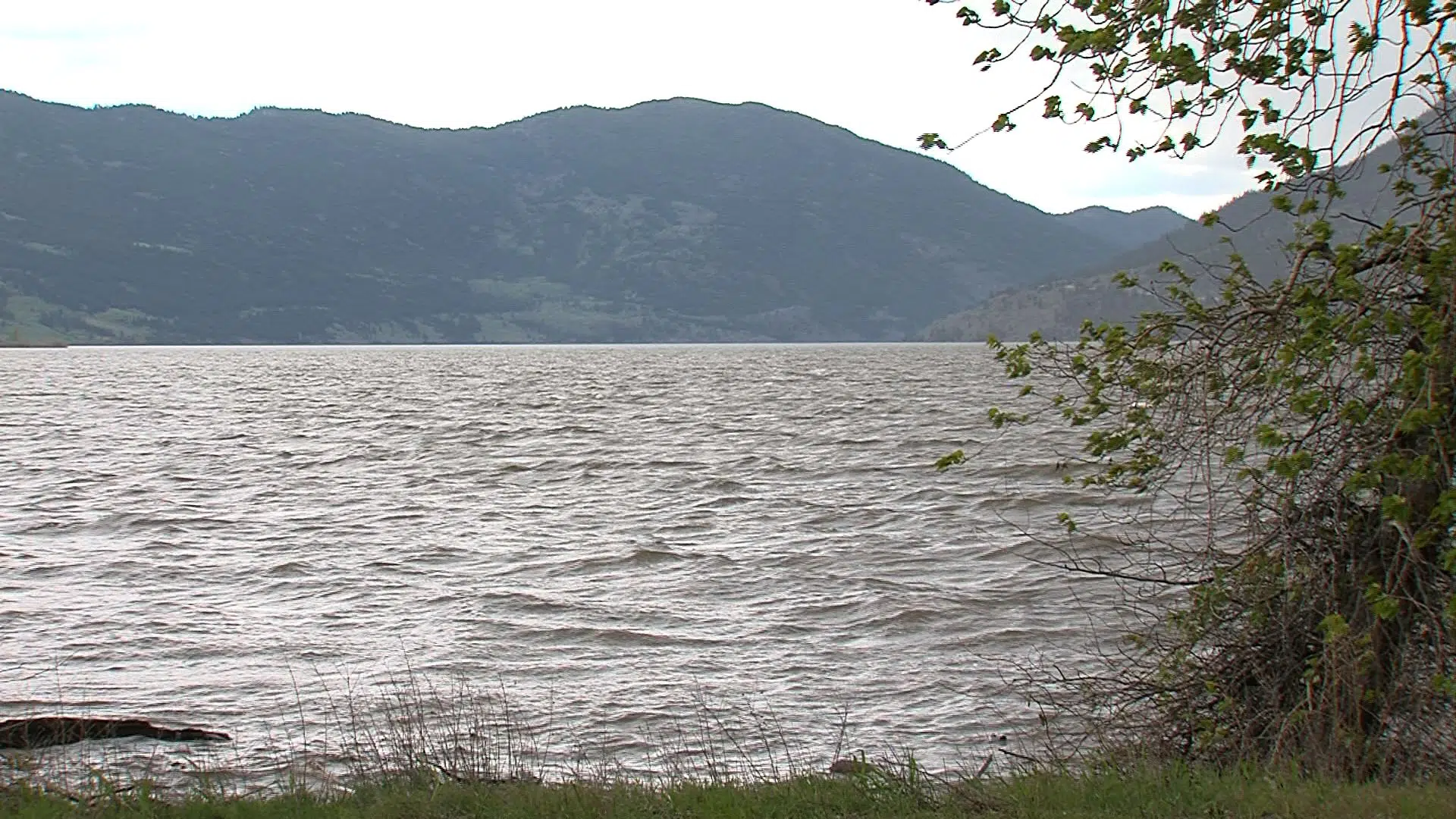
TNRD recommending boaters stay off Nicola Lake this long weekend
VANCOUVER — Waterways in British Columbia’s Nicola Valley, near Merritt, are the latest to burst their banks, forcing evacuations and alerts, as flooding continues to cause problems across the southern Interior.
Emergency officials with the Upper Nicola Indian Band, about 30 kilometres northeast of Merritt, ordered the evacuation of seven more homes on Wednesday, in addition to the 11 homes evacuated earlier this month.
A further 28 homes and four recreational vehicle parks remained on evacuation alert in the same area, while the City of Merritt was also coping with high water as the Nicola River has breached its banks.
A city official said a few streets are flooded but no homes have been damaged and she expected it could be a week before conditions dry up.


